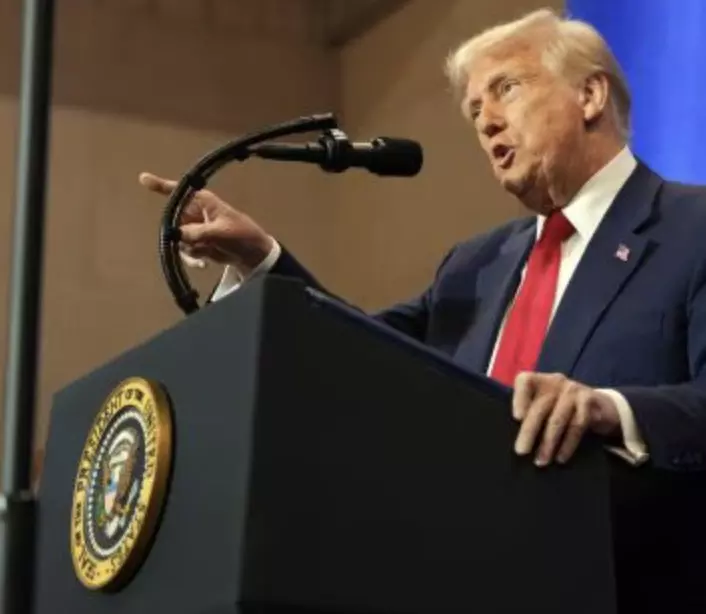Trump administration considers expanding travel ban to 43 countries
Trump administration considers expanding travel ban to 43 countries

The Trump administration is working on a new travel ban that could impact citizens from up to 43 countries, making it more extensive than the restrictions imposed during Trump’s first term. According to sources familiar with the matter, the proposal includes a tiered system categorizing countries based on the level of restrictions they might face.
Strictest Restrictions for 11 Countries
A draft list compiled by diplomatic and security officials suggests an absolute travel ban for citizens of 11 countries: Afghanistan, Bhutan, Cuba, Iran, Libya, North Korea, Somalia, Sudan, Syria, Venezuela, and Yemen. Individuals from these nations would be barred from entering the U.S. entirely.
Limited Entry for 10 Countries
Another 10 countries, including Belarus, Eritrea, Haiti, Laos, Myanmar, Pakistan, Russia, Sierra Leone, South Sudan, and Turkmenistan, fall under an "orange" category. While travel wouldn’t be completely banned, visa access would be heavily restricted. Tourists and immigrants from these nations would face strict screening measures, including mandatory in-person interviews for visas. Business travelers with significant financial assets may still be allowed to enter.
60 Days to Address Concerns for 22 Countries
A third tier, marked in "yellow," includes 22 countries that will be given 60 days to improve their security and information-sharing practices. If they fail to meet U.S. standards, they could be moved to stricter categories. This list includes Angola, Antigua and Barbuda, Benin, Burkina Faso, Cambodia, Cameroon, Cape Verde, Chad, Republic of Congo, Democratic Republic of Congo, Dominica, Equatorial Guinea, Gambia, Liberia, Malawi, Mali, Mauritania, St. Kitts and Nevis, St. Lucia, São Tomé and Príncipe, Vanuatu, and Zimbabwe.
White House Review in Progress
While the list has been developed by the State Department, it is still under review by security experts and intelligence agencies. Changes may be made before a final version is presented to the White House. Some officials have raised concerns about whether certain countries should be included or if their perceived security risks have been exaggerated. Others argue that adding some nations could jeopardize diplomatic relations or cooperation on other matters.
Background and Political Context
This proposed travel ban is part of a broader effort by the Trump administration to tighten immigration policies. After taking office for his second term, Trump issued an executive order directing the State Department to identify countries with inadequate security vetting systems. The department was given 60 days to compile a report, which is now nearing completion.
Some of the countries listed in the new proposal were also included in Trump's first-term travel bans, which faced legal challenges before a revised version was upheld by the Supreme Court. However, this latest version adds several new countries, including Bhutan and Russia, whose inclusion has raised eyebrows given Trump’s diplomatic stance toward these nations.
Possible Legal and Political Challenges
Uncertainty remains regarding how the ban would affect individuals who already hold valid visas or green cards. In a recent case, the administration revoked the green card of a Syrian-born former Columbia University graduate student, citing his participation in anti-Israel protests.
Opponents argue that the ban disproportionately targets Muslim-majority and developing countries, similar to Trump’s previous policies. When President Joe Biden took office in 2021, he revoked Trump’s earlier travel bans, calling them discriminatory and harmful to America’s reputation. However, Trump has defended the move, stating it is necessary to protect the country from security threats and illegal immigration.
As the final decision approaches, debates over national security, immigration, and foreign relations will likely intensify, setting the stage for yet another legal and political battle over U.S. immigration policy.

